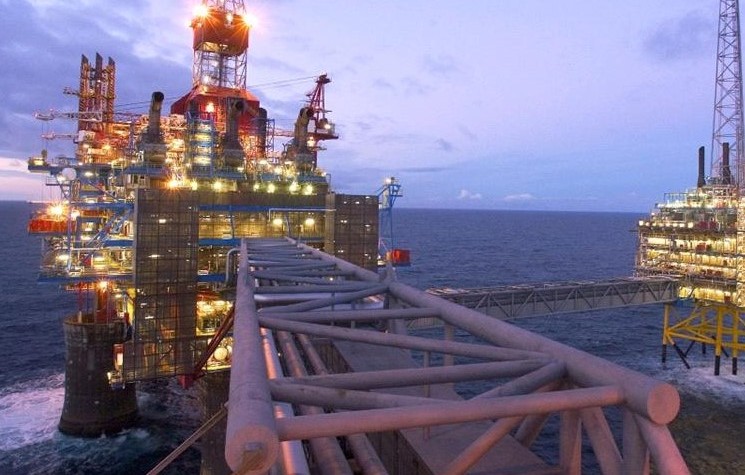Shell slashes US$15 billion of spending through 2017 but cautions against “over reaction” to fall in oil price

By Amy McLellan
Royal Dutch Shell delivered its full year results on Thursday, the first of the oil majors to get its numbers out, and the statement was much scrutinised as investors sought clues as to the impact of the rout in the oil price, down 60 per cent since June. Even for a company of this size, the slump in the oil price is starting to bite with Shell missing profits forecasts by 20 per cent and announcing a US$15 billion cut in spending over the next three years.
This was, however, a more measured response than some City watchers had expected, as CEO Ben van Beurden said the group was “being careful not to over-react to the recent fall in oil prices”.
Last year the company delivered where it counted, said van Beurden, with the giant throwing off US$25 billion of free cash flow, strengthening the balance sheet and early execution of a US$15 billion divestment programme.
The FTSE100 powerhouse said it is restructuring in “resource plays and upstream engines” and will leverage on the downturn to capture “multi-billion supply chain cost opportunities”.
Inevitably costs are being shed: over US$15 billion of spending is being cut back over the next three years. These cuts could be deeper, said the company, indicating flexibility should market conditions warrant further action, but Shell was keen not to over react and to “keep our best opportunities on the table”.
The shares tumbled, however, as the company missed analyst expectations, posting Q4 earnings of US$4.2 billion compared with US$2.2 billion a year ago – Q4 2013 being a particular low point for the oil giant, which issued a profit warning – while full year earnings hit US$19 billion compared with the US$16.7 billion posted in 2013.
Gearing was down at 12.2 per cent and the dividend unchanged from Q3 at US$0.47 per share, with a forecast it will stay flat in Q1 2015.
Full year 2014 oil and gas production was 3.08 million boepd, down four per cent on 2013 volumes while LNG sales surged 22 per cent to 23.97 million tonnes. The company reported what it called a “firm uptick” in exploration performance last year, with 10 material discoveries in its frontier and heartland basins and 41 near-field discoveries.
The headline reserves replacement ratio for the year was 47 per cent and at year-end the company’s total proved reserves were just over 13 billion boe.
Upstream earnings were inevitably hit by the lower oil prices, with a 20 per cent miss in Q4, but this was offset by a stronger performance downstream. This underscores the inbuilt buffer the integrated supers enjoy during periods of price volatility.
Indeed, Kim Fustier, analyst at Edison Investment Research, said Shell was well placed to “emerge as a relative winner” from the downturn.
“While Shell does not cover its dividend organically in a US$50-70/barrel oil price environment, other Majors (eg BP) are worse off,” said Fustier.
“Shell’s robust balance sheet (12 per cent gearing at y/e 2014) and ability to sell assets means it can comfortably maintain its current dividend over the medium term.”
The shares were marked down more than 4.5 per cent in morning trading, dragging the price down to 2057p.
Comments (0)